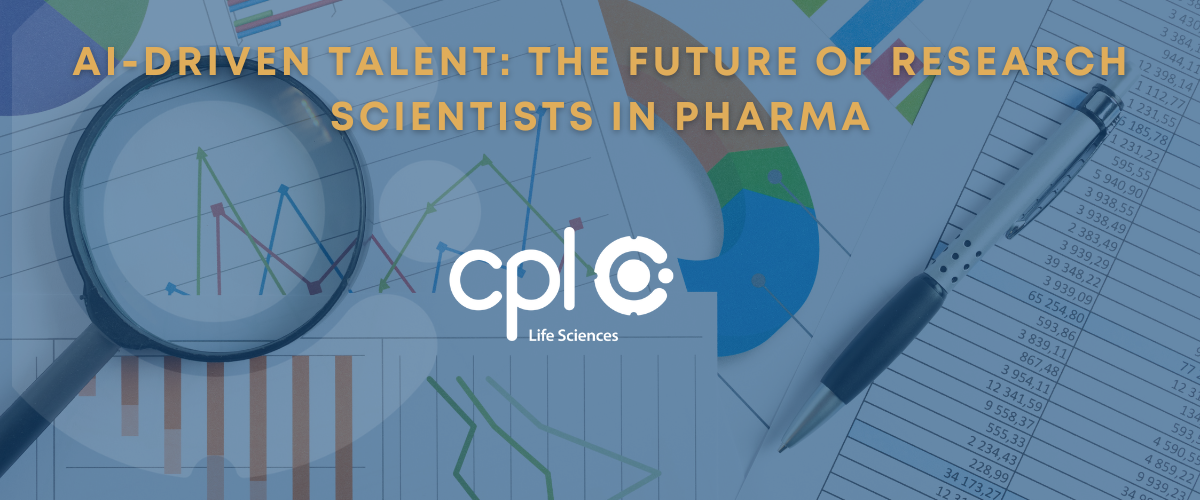The pharmaceutical and life sciences industry is always evolving. Key areas of focus include speeding up drug discovery and development, improving clinical trial efficiency and staying updated with regulatory changes. Innovations like decentralised trials and digital biomarkers help make processes faster and more cost-effective. A major trend is the use of AI and data for predicting outcomes, repurposing drugs and better understanding diseases.
AI will greatly improve pre-clinical phase jobs. Research scientists will use AI to find new drugs faster. Lab technicians will work with automated systems to handle routine tasks.
Large pharma and biotech companies will seek research scientists skilled in AI, data science, bioinformatics and regulatory compliance, with strong interdisciplinary collaboration and ethical considerations in AI use.
In 2025, the demand for research scientists with AI skills in the UK is expected to grow significantly. The need for AI expertise in drug discovery and development is projected to increase by 20% annually. Additionally, AI-related job postings in the life sciences sector are anticipated to rise by 30%, reflecting the industry’s shift towards integrating AI technologies. This surge underscores the critical role of AI in future pharmaceutical advancements.

Cpl will take a look at five companies that will likely be keen on hiring research scientists with AI skills in 2025, along with some relevant statistics:
Pfizer: Known for its innovative drug development, Pfizer is expected to increase its AI-related R&D budget by 25% annually.
GlaxoSmithKline (GSK): GSK is investing heavily in AI for drug discovery, with plans to allocate 30% of its R&D budget to AI technologies by 2025.
Novartis: Novartis is focusing on AI to streamline clinical trials and drug development, aiming to reduce trial costs by 20%.
AstraZeneca: AstraZeneca is leveraging AI for personalised medicine, with a projected 35%increase in AI-driven projects.
Roche: Roche is integrating AI to enhance data analysis and predictive modelling, planning to expand its AI team by 40%.
These companies are at the forefront of integrating AI into their research and development processes, highlighting the growing demand for AI-skilled research scientists.
The New Age Research Scientist
The new age research scientist is a blend of traditional science and modern technology. Here’s what they look like:
AI and Data Skills: They use AI and data science to speed up drug discovery and analyse data.
Regulatory Knowledge: They understand and follow the latest regulations.
Ethical Use: They ensure AI is used ethically, protecting data privacy.
Tech-Savvy: They know programming languages like Python or R.
Innovative: They use new methods like digital biomarkers to improve research.
In our next article, we’ll discuss how these changes will shape the role of Toxicologists, Lab Technicians and other scientists.
For the full report click here
